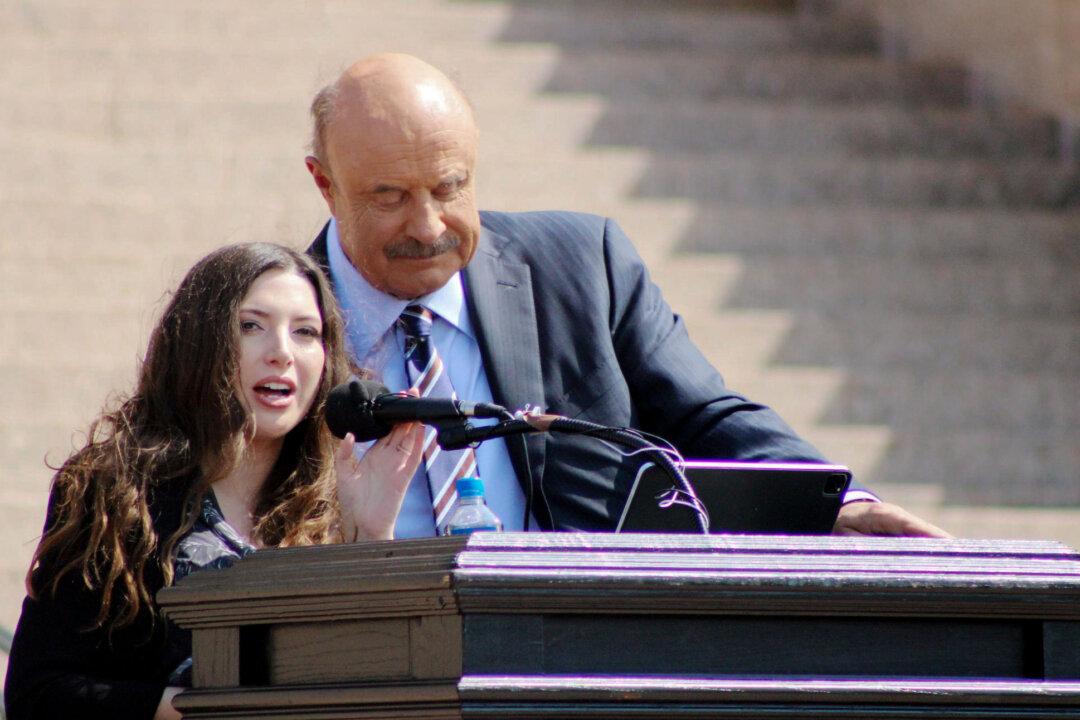The U.S. Supreme Court will hear the case of Richard Eugene Glossip on Oct. 9. He has been on Oklahoma’s death row since 1998 when he was convicted of hiring motel maintenance man Justin Sneed to murder their employer, motel owner Barry van Treese.
Glossip will ask the high court to order the new murder trial that Oklahoma Attorney General Gentner Drummond says the former motel manager deserves.





